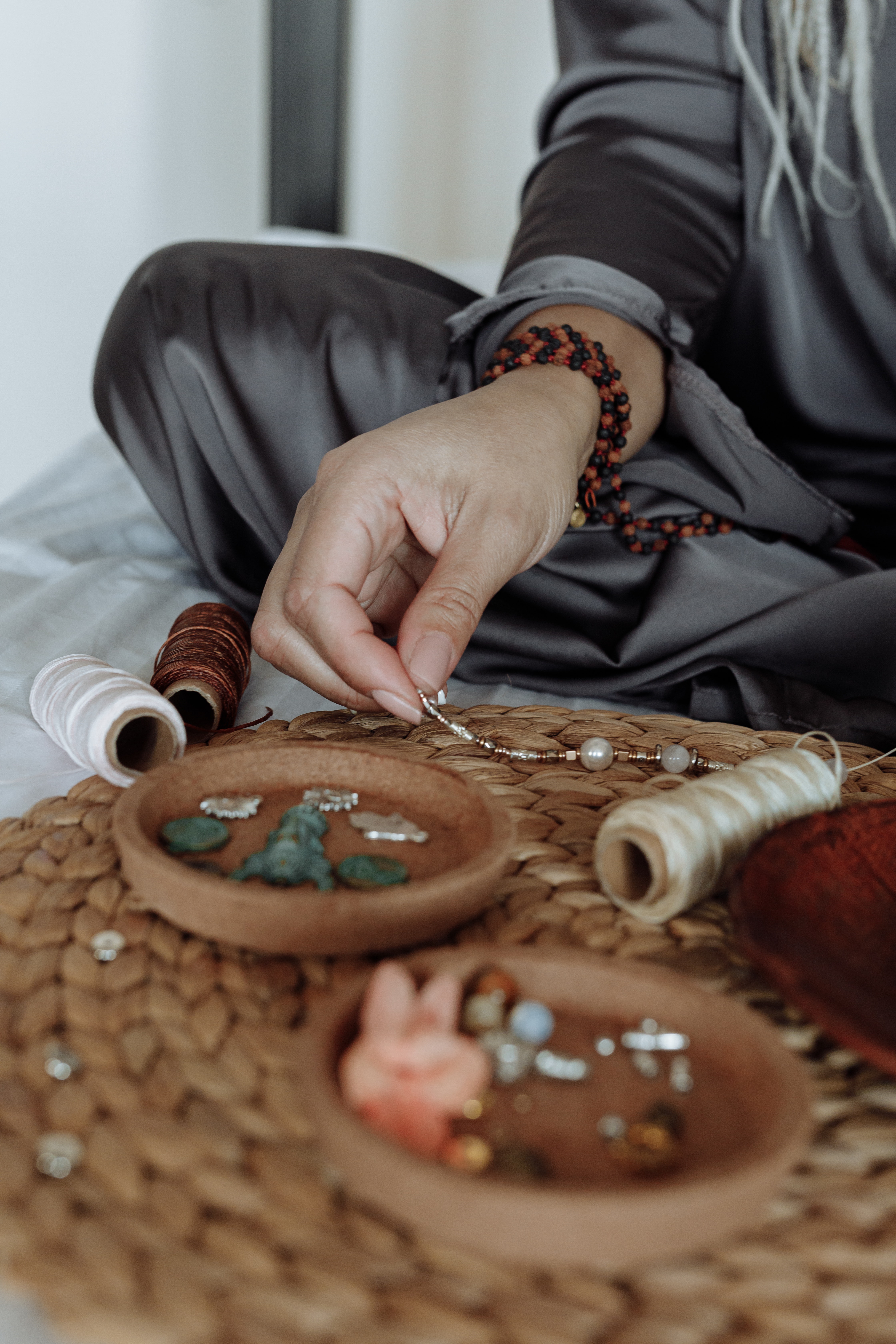Contingent Hori-Zines
Welcome to Contingent Hori-Zines, the official blog for Contingent Horizons. This space is dedicated to displaying anthropological multi-media collections created by students.
Vlogging the Other: Representation & Authenticity in Travel Videos
Key Terms: representation, digital media, authenticity, travel media, Othering
Abstract
This video essay problematizes the concept of “authenticity” in regard to the representation found within the medium of travel vlogs (video blogs). The video explores processes of Othering, constructing authenticity, as well as how culture becomes a consumable commodity within the digital space. These themes are considered by examining a number of travel vlogs published by internet personalities in recent years. Specifically mentioning videos and content creators which draw on and reinforce colonial narratives and ideology, as well as those that work to achieve more accurate forms of representation. Comparisons are drawn between travel vlogs and critiques of travel writing and anthropological film of the past. The video essay also draws on anthropological theory to consider how travel videos made by an outsider may reconsider current conventions within the medium of travel vlogs to work to provide more authentic representations.
Submitted by Emma Anderson, York University
Power, Grace, Resilience: Art Therapy as Colonial Resistance, Shared Communal Suffering, and a Journey of Healing for Indigenous Women in Canada
Key Terms: Indigenous art therapy, healing, resistance, decolonial research
Abstract
Indigenous women in Canada use multiple forms of art as sources of therapy to resist the ongoing structure of settler colonialism. In this paper, I explain why and how Indigenous women in Canada utilize art therapy as resistance to imperial dispossession from state violence, as a nationwide connection to addresses their ongoing collective suffering, and as feminist empowerment to propel a journey of healing. I show that when Indigenous women unite through art therapy, settler colonialism remains incomplete. The power of Indigenous women is displayed when they resist the racist and gendered violence of the state through imperial approaches that aim to “aid” Indigenous communities. Indigenous women’s grace is emanated with their unity through art therapy to spread awareness for communal suffering concerning Indigenous women’s overrepresentation of incarceration and the missing and murdered Indigenous women in Canada. The resilience of Indigenous women describes Indigenous women correlating art with healing by constructing a vision for the future: feminine empowerment rather than elimination.
Submitted by: Brandon Bova
From Fabergé to the Fab 5: Symbols of Contemporary Western Queer Culture
Key Terms: Queer, pop-culture, history, media, zine
Abstract
"From Faberge to the Fab 5: Symbols of Contemporary Western Queer Culture" is a digital research zine exploring the established culture surrounding LGBTQ+ identities in the 21st century. Taking a glance into cultural phenomena from inside music art, history, Netflix, and TikTok, the zine features four short research essays paired with an eclectic collage of queer iconography and symbols.
Submitted by: Angie Lawrence (they/them)
Unsettling White Identity: The Notion of "Reverse Racism" by Ango-White Groups as an Act to Preserve White Nation Discourses
Key Terms: Anglo-White, Multiculturalism, “One Nation” Discourses, “Reverse Racism,” Whiteness
Abstract
Multiculturalism in Canada is praised as benevolent by promoting “inclusion” and “equal treatment” through practices such as citizenship and immigration. However, these practices are deeply rooted in White Nation discourses, which intend to assimilate non-White identities. By exploring citizenship, “One Nation” discourses, and “reverse racism,” this piece argues that multiculturalism in Canada is yet another tactic to erase the presence of non-White identities. More specifically, any genuine efforts that rightfully promote inclusion unsettle White identities. As a result, Anglo-White groups employ “reverse racism” in order to uphold and preserve a “One Nation” discourse.
Submitted by: Natasha Latina


